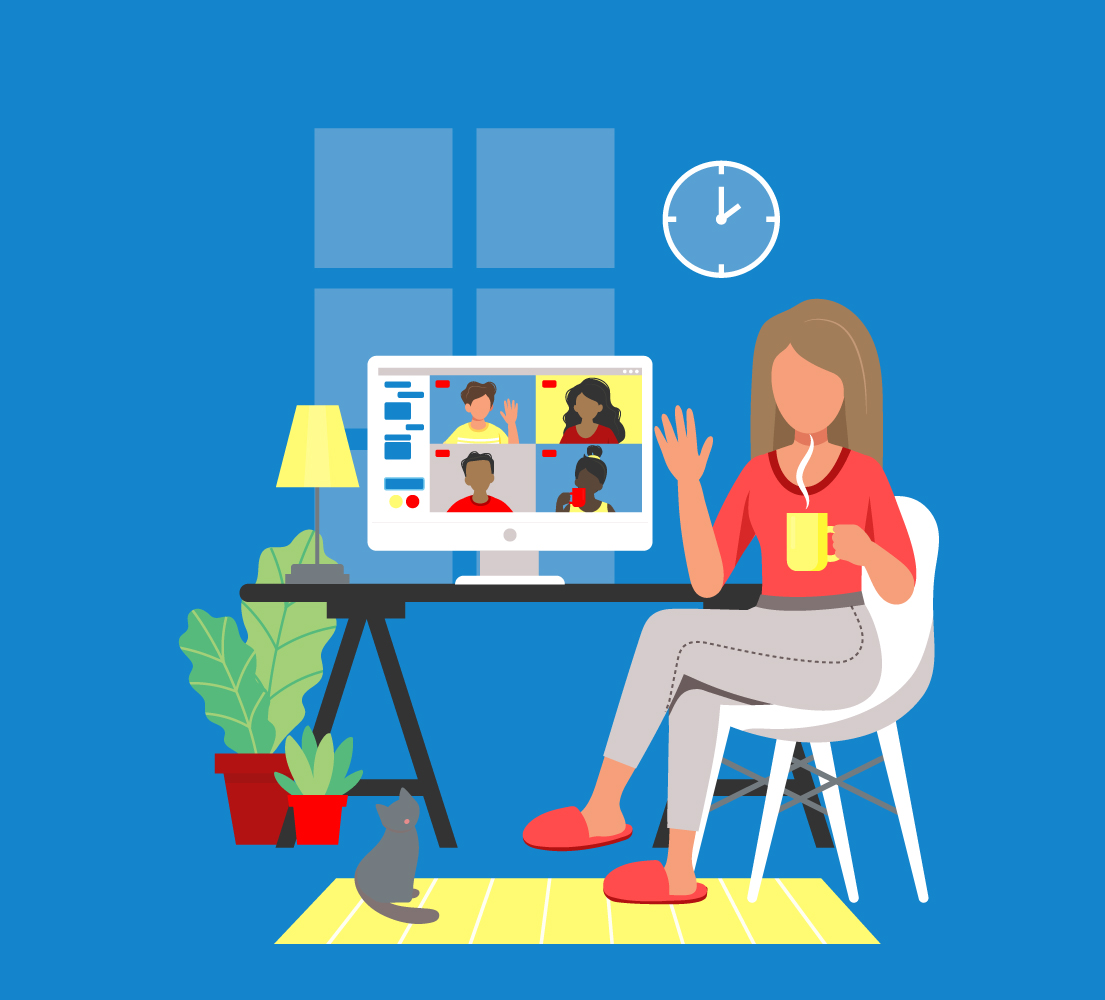
The pandemic has tested our mental health time and again and taken it to its limits. It has also led to more open conversations about prioritizing mental health, especially on social media. In particular, this period has been difficult for people who identify as neurodivergent (ND) — people who have differences in brain structure and function, i.e., not neurotypical. Definitions vary as the science around neurodiversity is evolving, but this can include people who are autistic or dyslexic, as well as those with attention-deficit/hyperactivity disorder (ADHD).*
But as these conversations become louder, more and more people are being diagnosed or self-identifying as neurodivergent. This past winter, as I considered what the training and development committee should focus on in 2022, it occurred to me that there were likely many editors approaching the profession from a ND perspective.
I took to the Editors’ Association of Earth Facebook group to ask what ND editors would want to learn about in a webinar about editing and neurodiversity. The post received nearly 100 comments, different conversation threads emerged and many people suggested starting a separate Facebook group — suddenly, an entire community erupted into being.
Finding community and support
Officially dubbed the Neurodivergent Editors’ Lounge, the group quickly grew to more than 260 members, with a complementary Neurodivergent Writers Lounge.
“Being neurodivergent is another layer of isolation in a profession that is often a solo pursuit where we spend time alone in our heads with our own words,” says Ellis Prybylski, who created the group. “Having a space where neurodivergent editors can talk about common issues is very valuable.”
Every day, members find support for the challenges they face, with conversations on everything from tools to increase focus to tips on communicating with clients. There are also virtual co-working sessions where editors can join a video call and enjoy networking or independent work time in the company of others for increased accountability, a strategy also known as body doubling.
Conversations also celebrate the upsides of neurodiversity, such as a heightened attention to detail and occasional ability to hyperfocus for some, or creative problem-solving for others. It’s no surprise that many ND editors prefer to freelance, as it gives them the flexibility to work whichever way works best for them.
A diverse tapestry of abilities and experiences
Although it isn’t a rare occurrence in people, neurodiversity is rarely represented in literature — or when it is, the portrayal is often filtered through the lens of a neurotypical author. But as this changes, questions are starting to arise around editing fiction with ND characters — a conversation all editors need to be attuned to as we strive toward inclusive language practices. For example, this year at the ACES 26th Annual National Conference, Talysa Sainz presented a session on inclusive language and how to be mindful of those who live with chronic illness or disability, or who are ND, as well as a session on how to edit stories with ND characters, with a focus on autistic characters.
Since the inception of the Neurodivergent Editors’ Lounge, many members have said they had never discussed being ND with other editors before, often due to fear of judgment. But whether we’re talking about editors who are ND or about editing fiction with ND characters, remember that differences in how brains work create a diverse tapestry of abilities and experiences.
If you have a suggestion for a presenter to give a webinar for ND editors or about editing ND content, please reach out to the national training and development committee at training_and_dev@editors.ca.
*The author recognizes that some communities prefer person-first language, while others prefer identity-first language, e.g., many people with dyslexia prefer to refer to themselves as “dyslexics” and many in the autism community prefer “people who are autistic.” Thus, this blog post uses a combination of person-first and identify-first language. The author thought it important to clarify her language should any readers have concerns they wish to share about it. The use of one is not necessarily meant to exclude the other.
___
The Editors’ Weekly is the official blog of Editors Canada. Contact us.
Discover more from The Editors' Weekly
Subscribe to get the latest posts sent to your email.
